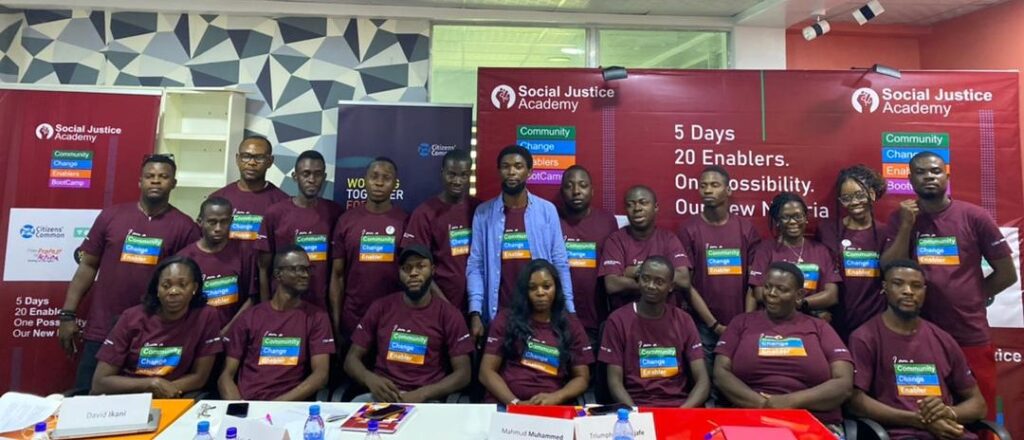
Education – Policy, ASUU strike
Written by Charles Atat
The topic of education is a contentious one, with many different opinions on how it should be handled and what policies should be implemented. One issue that has been making headlines in recent times is the ongoing strike by the Academic Staff Union of Universities (ASUU) in Nigeria. This strike has been ongoing for several months, and has brought the issue of education policy in the country to the forefront of public discourse.
The ASUU strike began in March of this year, when the union announced that it would be going on strike to protest the government’s failure to address several long-standing issues affecting the education sector. These issues include poor funding for universities, inadequate infrastructure, and the lack of adequate training and development opportunities for academic staff.
The strike has had a major impact on the education sector in Nigeria, with many universities having to shut down completely due to a lack of staff. This has caused major disruptions to the academic calendar, and has left many students feeling frustrated and concerned about their future.
One of the main reasons for the ASUU strike is the poor state of funding for the education sector in Nigeria. Despite the fact that education is supposed to be one of the government’s top priorities, the sector has consistently been underfunded in recent years. This has led to a decline in the quality of education, with many universities lacking the resources and facilities they need to provide a good education to their students.
In addition to inadequate funding, the lack of adequate infrastructure has also been a major issue for the education sector in Nigeria. Many universities lack the basic facilities that are necessary for providing a good education, such as libraries, laboratories, and classrooms. This has had a negative impact on the quality of education, and has made it difficult for students to get the education they need to succeed in their studies.
Another issue that has contributed to the ASUU strike is the lack of training and development opportunities for academic staff. Many university teachers in Nigeria are not provided with the training and support they need to stay up-to-date with the latest developments in their field, which has led to a decline in the quality of education. In addition, many teachers are not given the opportunities they need to advance their careers and develop their skills, which has led to a high level of dissatisfaction among academic staff.
Despite the many challenges facing the education sector in Nigeria, there are some positive developments that are worth noting. For example, the government has recently announced a plan to increase funding for the education sector, and has promised to address some of the key issues raised by the ASUU strike. In addition, there has been a growing recognition of the importance of investing in education, and many people are calling for more investment in the sector to ensure that it can provide a high-quality education to all students.
However, there is still a long way to go before the education sector in Nigeria is able to provide the quality of education that is needed to support the country’s development. The ongoing ASUU strike is a clear indication of the challenges facing the sector, and it is essential that the government takes action to address these issues as a matter of urgency. Without a strong and well-funded education system, Nigeria will struggle to achieve its full potential and provide a good future for its citizens. These are some steps that could help improve the sector.
Firstly, Change the leadership across all educational sectors to have a background in Education such as the Minister of Education to key staff of various education bodies.
Secondly, Ensure Lawmakers presiding at various committees have an education background.
Thirdly, increase the Education budget across state and federal laws while enacting policies that will enforce these laws.
This article is an Excerpt from the report ” A Nigeria For The Many And Not The Few”
About the Author
Atat Charles is a media personality with Wave 91.7fm Port Harcourt, Co-founder of Vawuu an accountability based company in Kigali focused on holding brands, individuals accountable to their public commitments.
He is also the founder of Wheremypvc.com a platform dedicated to assisting Nigeria’s pick up their Voters Card with less stress.







Responses